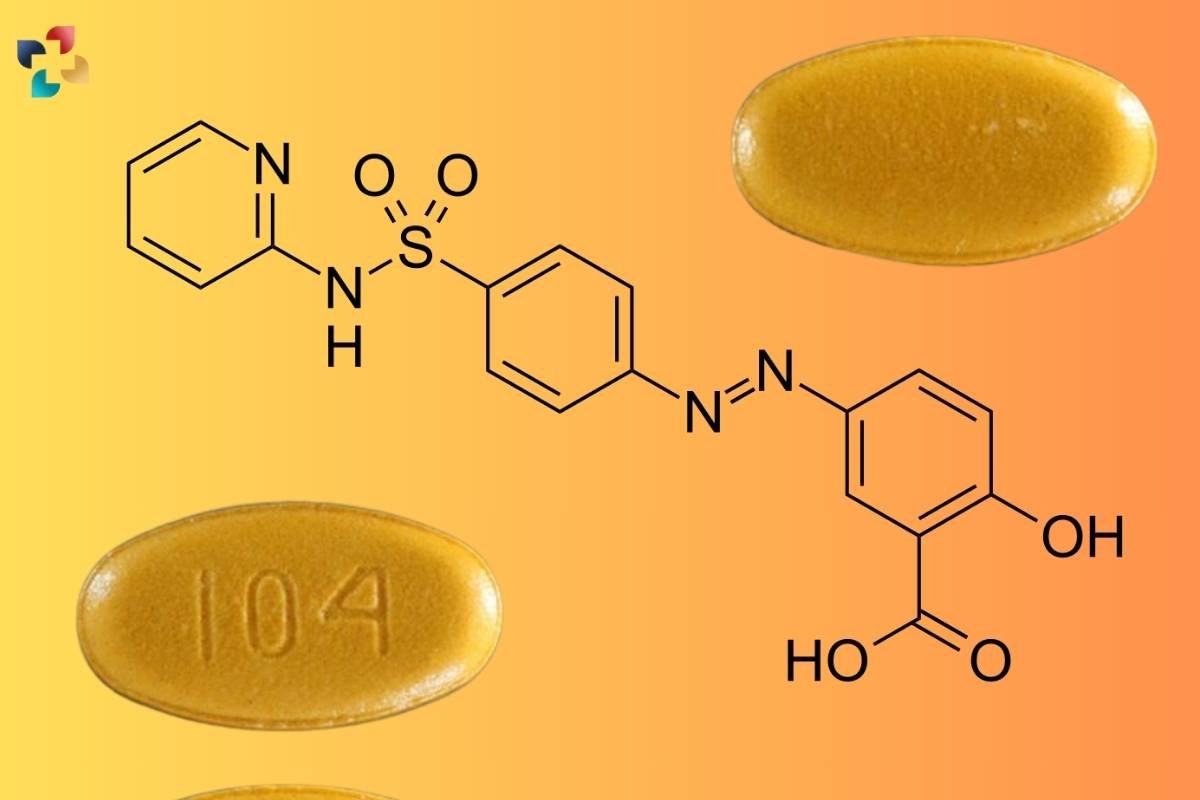Asulfadine, or sulfasalazine, treats inflammatory bowel disease (IBD), specifically ulcerative colitis and Crohn’s disease. It reduces inflammation by targeting the gut.
Doctors prescribe Asulfadine in various dosages depending on the severity of your condition and individual response. Typical starting doses range from 500mg to 1000mg daily. Always follow your doctor’s instructions precisely.
Common side effects include nausea, vomiting, and headaches. Less frequent, but potentially serious, side effects are allergic reactions like skin rashes, fever, and jaundice. Report any unusual symptoms to your doctor immediately.
Taking Asulfadine alongside certain medications can lead to interactions. Inform your physician about all medications, including over-the-counter drugs and supplements, you are currently taking or plan to take.
While Asulfadine helps manage IBD symptoms, it’s not a cure. Maintaining a healthy lifestyle, including proper nutrition and stress management, complements its effect.
Regular monitoring by your doctor is necessary to assess your progress and adjust the treatment if needed. Blood tests may be conducted to check for potential side effects.
Asulfadine is generally safe for long-term use, but close monitoring is advisable to minimize potential risks. Your doctor will determine the optimal duration of treatment.
Pregnancy and breastfeeding considerations exist. Discuss the use of Asulfadine with your doctor before conceiving or during pregnancy or breastfeeding.



